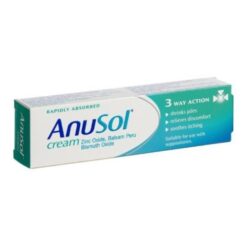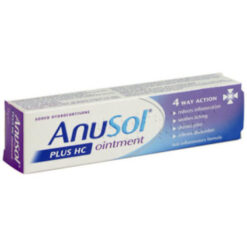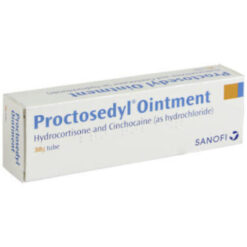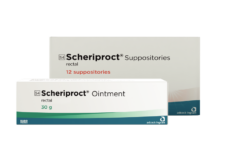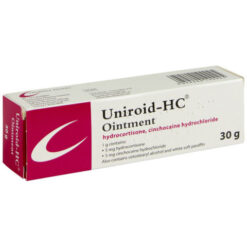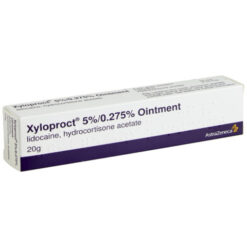What are Haemorrhoids?
Haemorrhoids, commonly referred to as piles, are swollen veins in your rectum or anus. They are often a source of discomfort and pain that require effective and targeted treatment to clear up. They can develop internally, within the rectum, or externally, around the anus.
Haemorrhoids may result from straining during bowel movements, prolonged sitting, chronic constipation or diarrhoea, obesity, pregnancy, and a low-fibre diet. The risk of developing haemorrhoids increases with age as the tissues supporting the veins in the rectum and anus can weaken and stretch.
Symptoms of Haemorrhoids
The symptoms of haemorrhoids vary depending on their location. Internal haemorrhoids may cause painless bleeding during bowel movements, whereas external haemorrhoids might present with pain, discomfort, and swelling around the anus. In some cases, haemorrhoids can become thrombosed, forming clots and causing severe pain and inflammation.
Haemorrhoids Treatment Options
While piles can often be treated at home, there are certain situations when it’s important to see a doctor or pharmacist:
- If your symptoms don’t improve after a week of home treatment, such as dietary changes, over-the-counter creams, and warm baths.
- If you experience any rectal bleeding, which can be a sign of a more serious condition.
- If haemorrhoids cause severe pain or discomfort, especially if it interferes with your daily activities.
- If you have haemorrhoids that protrude outside the anus and cause significant pain or bleeding.
- If you develop a painful blood clot within an external haemorrhoid.
Prescription Haemorrhoids Medication & Treatment
For effective treatment of haemorrhoids, prescription ointments, such as Scheriproct and Xyloproct, are often used to relieve symptoms and reduce swelling. You can also try prescription creams, like Anusol Plus HC.
For more severe cases of haemorrhoids, your GP or pharmacist may refer you to a specialist. This will typically involve a minimally invasive procedure, like rubber band ligation or coagulation. In some cases, the specialist may suggest sclerotherapy, which is an injection to harden the haemorrhoid tissue, resulting in its reduction and shrivelling up.
Over-the-Counter Haemorrhoids Treatment
Over-the-counter (OTC) treatments for piles include Anusol Cream and Germaloid Suppositories designed to reduce swelling and discomfort.
In some cases, ibuprofen can also help to manage pain and discomfort. Your GP or pharmacist may advise you to take oral pain relief alongside prescription haemorrhoid treatments to help manage uncomfortable symptoms.
OTC treatments for haemorrhoids should be used for a limited duration, usually not more than a week, to avoid skin irritation around the anus. These treatments are best combined with dietary and lifestyle changes for effective management of haemorrhoid symptoms
Lifestyle & Dietary Changes
Managing haemorrhoids often starts with lifestyle and dietary changes. To reduce the risk of piles or manage existing symptoms, consider:
- Increasing dietary fibre intake to soften stools and reduce straining.
- Avoiding prolonged sitting, especially on the toilet.
- Exercising regularly to prevent constipation.
- Using moist toilet paper or baby wipes for gentle cleaning.
Staying hydrated by drinking plenty of water.
How to Prevent Haemorrhoids
Preventing haemorrhoids involves a combination of lifestyle changes and dietary adjustments.
- Avoid Straining: Straining during bowel movements increases pressure on the veins in the rectum and anus, leading to haemorrhoids.
- Limit Time in the Bathroom: Spending extended periods on the toilet, especially while reading or using a phone, can increase the risk of haemorrhoids. The seated position puts extra stress on your anal blood vessels.
- Posture on the Toilet: Elevate your feet on a low stool during bowel movements to reduce strain.
- Dietary Changes: Include more high-fibre food in your diet and drink plenty of water to avoid dehydration, which can lead to hard stools. You should also be mindful of foods that irritate your bowels, such as lactose in dairy products or gluten.
- Regular Exercise: Moderate exercise helps prevent constipation and reduces pressure on veins. Activities like walking, yoga, and biking are beneficial, but avoid heavy weightlifting that can increase abdominal pressure.


